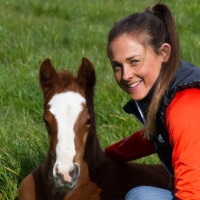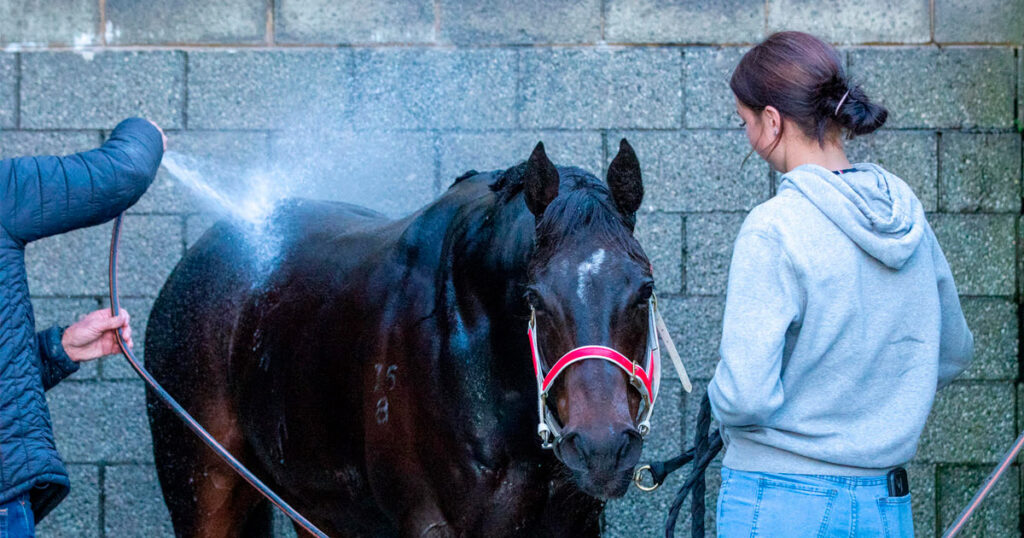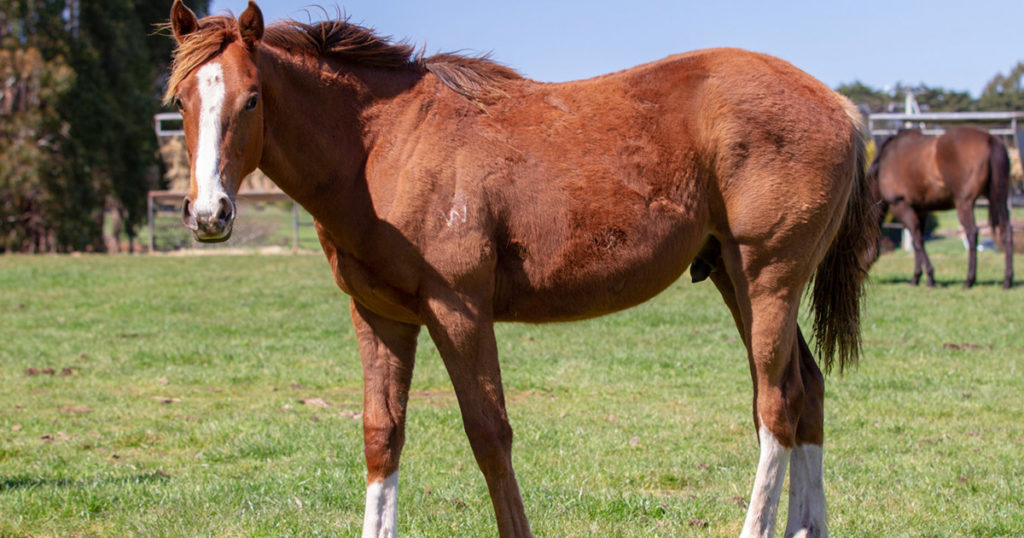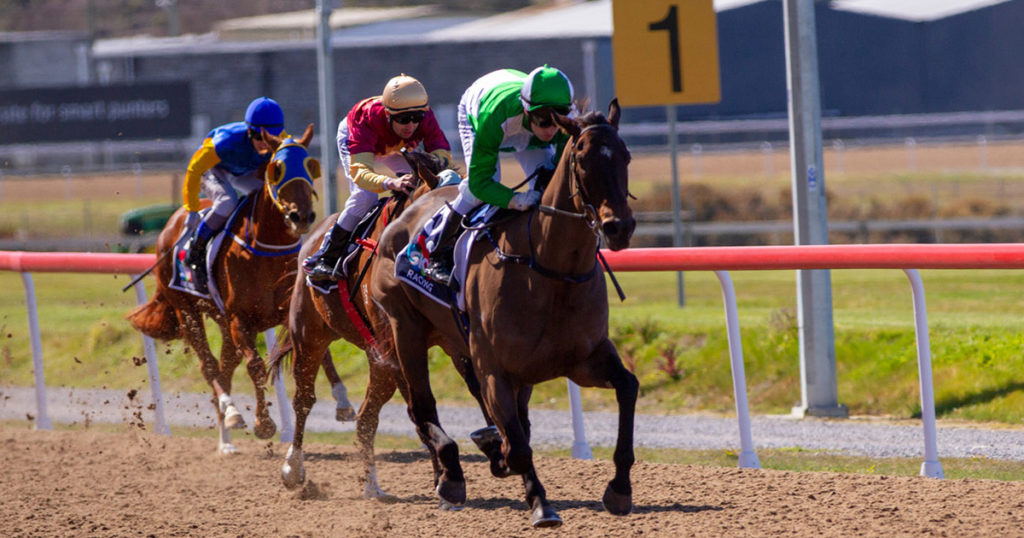Here in the Southern Hemisphere, we’re currently in summer. Which means in many regions the weather is hot and/or humid. This in turn affects the nutrient requirements of our horses. Particularly their salt requirements.
Salt (sodium chloride) is absolutely essential for our horses and ponies. Salt helps to promote: thirst response (so our equines remain adequately hydrated); fluid balance; healthy blood pressure; and normal muscle and nerve function; and is needed for healthy digestion and gastrointestinal (GI) function.
Salt toxicity is extremely rare in horses, provided they have access to unlimited clean water.
Research conducted in other animal species and humans has shown that excessive intakes of salt, however, can cause dysbiosis (adverse changes in GI microflora).
Although currently there is no equine specific research on the topic, it does pose the question ‘can we give our horses too much salt?’
Whilst this is unlikely, it is possible: an example may be where multiple and/or high dose electrolyte supplements are used, particularly in relatively inactive horses and/or those who don’t sweat much.
In clinical practice, I rarely see horses who have excessively high salt intakes: it is very common however, that I see horses who do not receive sufficient salt in their diets.
Furthermore, horses who are receiving ulcer medications (those containing omeprazole, in either oral or injectable form) can have changes in sodium chloride levels. These drugs interfere with salt absorption- meaning our horses aren’t able to utilise all the salt we are feeding them. This can have repercussions in terms of both health and performance.
Ensuring our horses receive adequate salt relative to their individual requirements and taking into account factors such as medication use is crucial for their wellbeing and performance.

Camilla Whishaw is a highly regarded, experienced horsewoman and naturopath, helping to holistically treat and manage a broad range of equine health conditions and injuries, with a passion for mare and stallion fertility.
As a world-renowned practitioner, presenter, author, and consultant in the field of Equine Naturopathy, Camilla shares her knowledge through keynote presentations, interviews, lectures, panel sessions, and workshop training.





